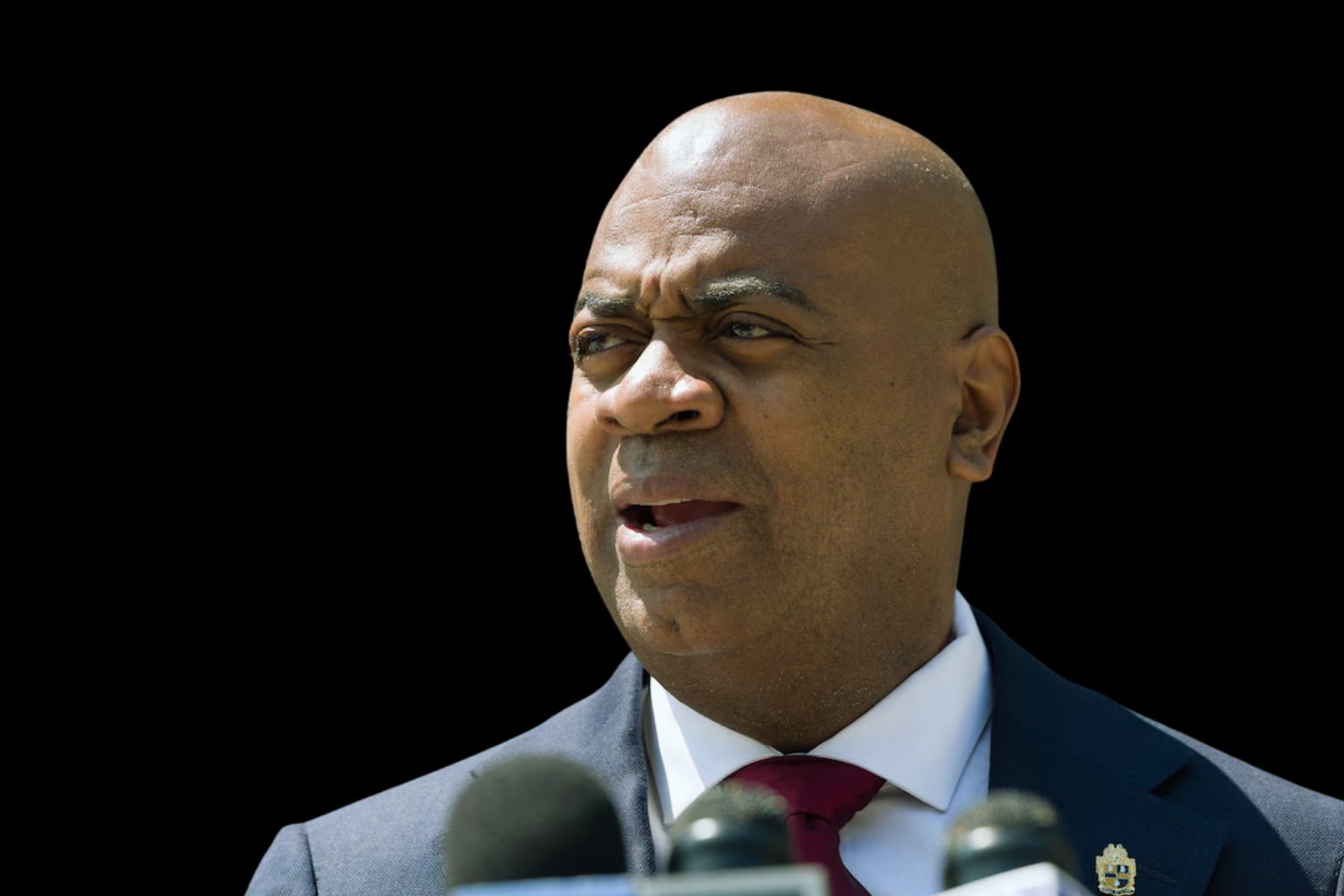Hey, Jersey — A Practical Path to “Make America America Again”

When familiar certainties change, a certain type of disappointment sets in. For many in New Jersey and nationwide, yearning for a stable order—trustworthy institutions, accountable leaders, a fact-based public conversation—has given way to bewilderment and rage. A recent opinion column urges Jerseyans to regain the center of American civic life amid that anxiety. Can communities move away from polarized rhetoric and return to stable governance, shared civic principles, and measurable progress?
The column speaks of memory and civic pride. It reminds readers that New Jersey was one of the first states to adopt the Bill of Rights and that generations of “Jerseyans” have participated in national life. History is used to inspire action: if “freedom,” “democracy,” and “representation” still important, citizens and local leaders must make them mean something. The writer proposes a return to measurable outcomes—safer streets, better schools, reliable jobs—instead of empty rhetoric to counter headline politics.
Its functional slant distinguishes the column. Instead of bemoaning national politics, it imagines a campaign with short, straightforward messages repeated in public locations that ask voters if promises matched results over the past few years. Not to assault identity, but to challenge voters to compare outcomes to assurances and reassess disappointments. That method relies on a journalistic truth: people respond to concrete evidence regarding policy’s impact on them.
However, the piece goes beyond persuading. Civic courage and local accountability matter. From early constitutional moments to current community organizing, New Jersey’s civic involvement history inspires and provides resources. Local organizations, community leaders, and citizens have more power than they imagine, according to the essay. Local voices can focus on actual, testable promises and governance if national rhetoric dominate the news. That reframing would require authorities to defend their records and engage voters in a fact-based future conversation.
There are risks on this path. Billboards and slogans can fail if nuance is lost while simplifying complex policy results. The writer understands that identity, history, and emotion shape loyalties, not policy spreadsheets. Thus, the recommended outreach should be brief, respectful, and unrelenting, not to shame but to compare promises and results. The goal is to encourage contemplation, not hostility.
For New Jersey, the argument is urgent. State and local politics affect individuals’ daily lives more than national debates make clear. At the DMV, PTA meetings, and local town halls, voters discuss property taxes, public safety, school funding, and parking. The column encourages citizens to hold leaders responsible where it matters most by connecting national governance and trust themes to local realities. Local attention, not cable news grandstanding, is where the writer feels true change may begin.
The column critiques and experiments with democratic regeneration. It rejects politics as drama and demands clarity and results for voters. Whether readers agree with the tone or tactics, the claim is hard to dispute: a healthy democracy requires more than slogans; it needs sustained civic participation, straightforward evidence of performance, and neighbors willing to question leaders’ promises.
New Jersey must focus on structure rather than rhetoric if it takes that promise seriously. It would require forums where officials explain decisions and consequences in clear English, local journalism that verifies assertions, and voter education that emphasizes policy outcomes rather than personality. Instead of spectacular advertising, those quiet, gradual expenditures build public trust over time.
The prescription may seem optimistic or daring. It believes conversation, facts, and local engagement can counter polarized media and political drama. More than slogans, whether communities are prepared to conduct the painstaking, messy task of accountability will determine whether that assumption is correct. The editorial encourages Jerseyans who believe in American institutions to question promises, demand evidence, and start significant mending in local civic life.
Sources
The Associated Press — “Trump backs Jack Ciattarelli in New Jersey’s Republican primary for governor.” AP News




